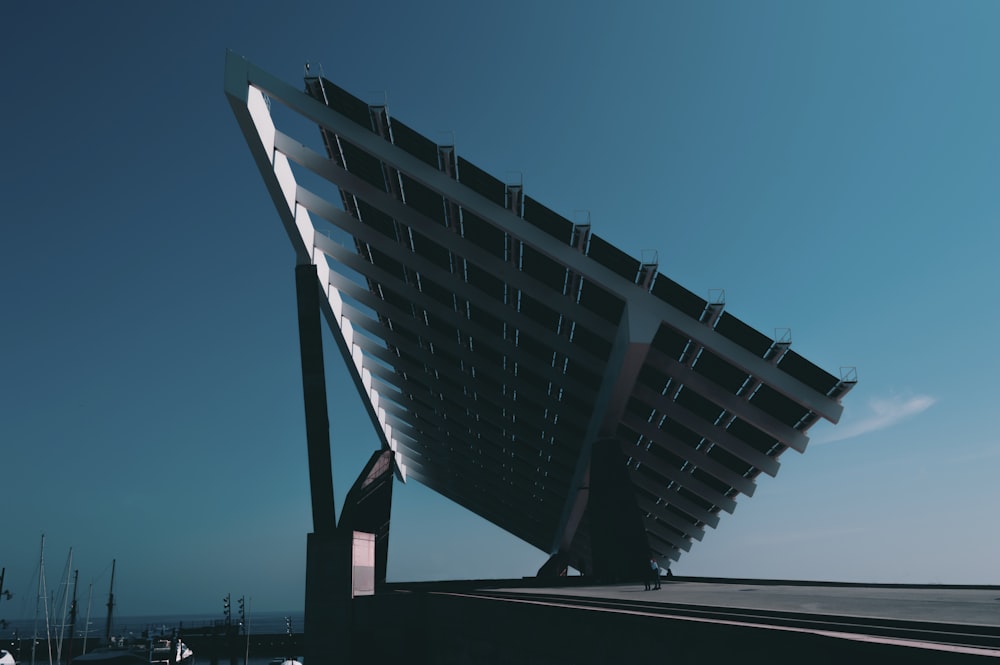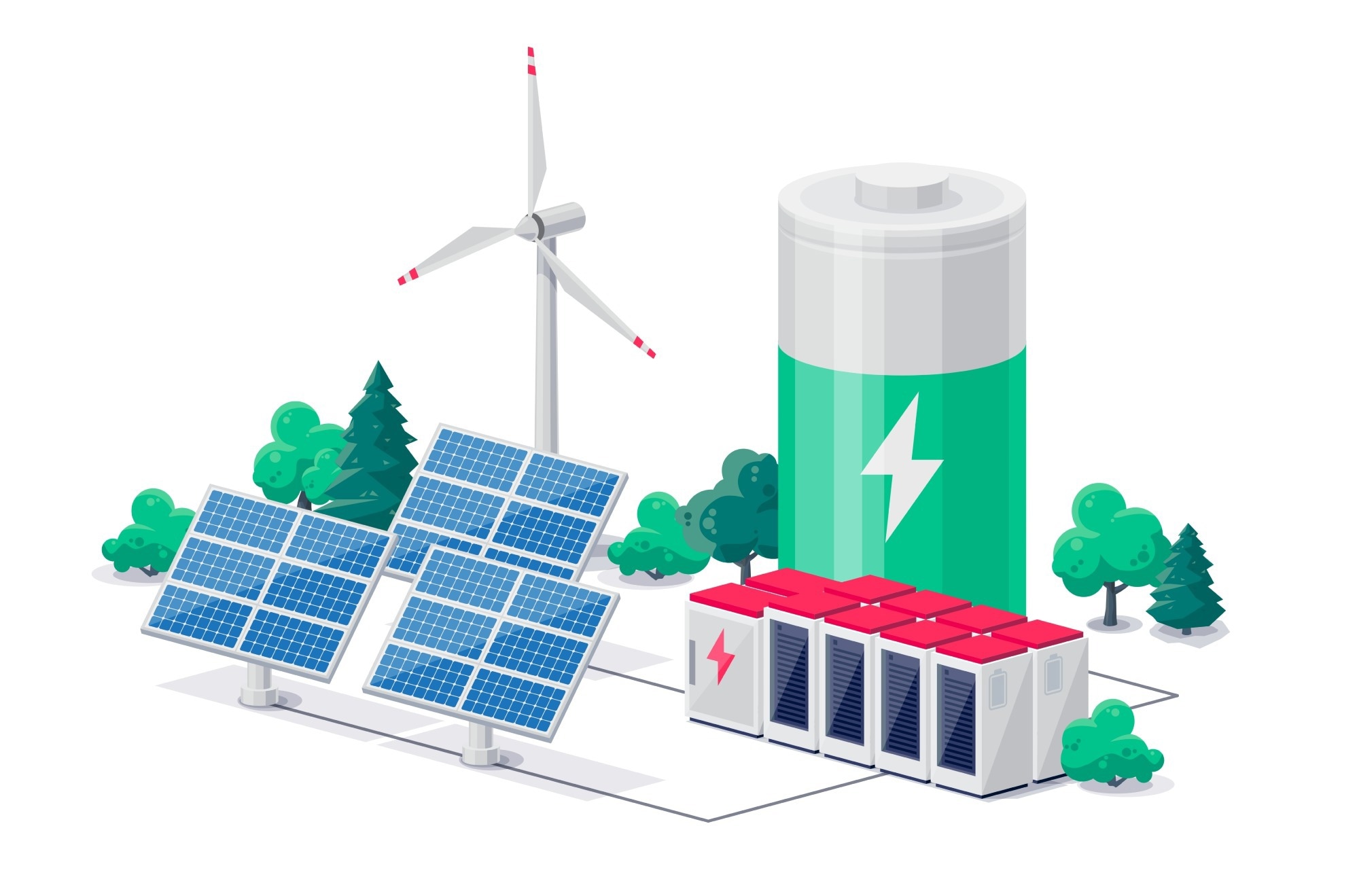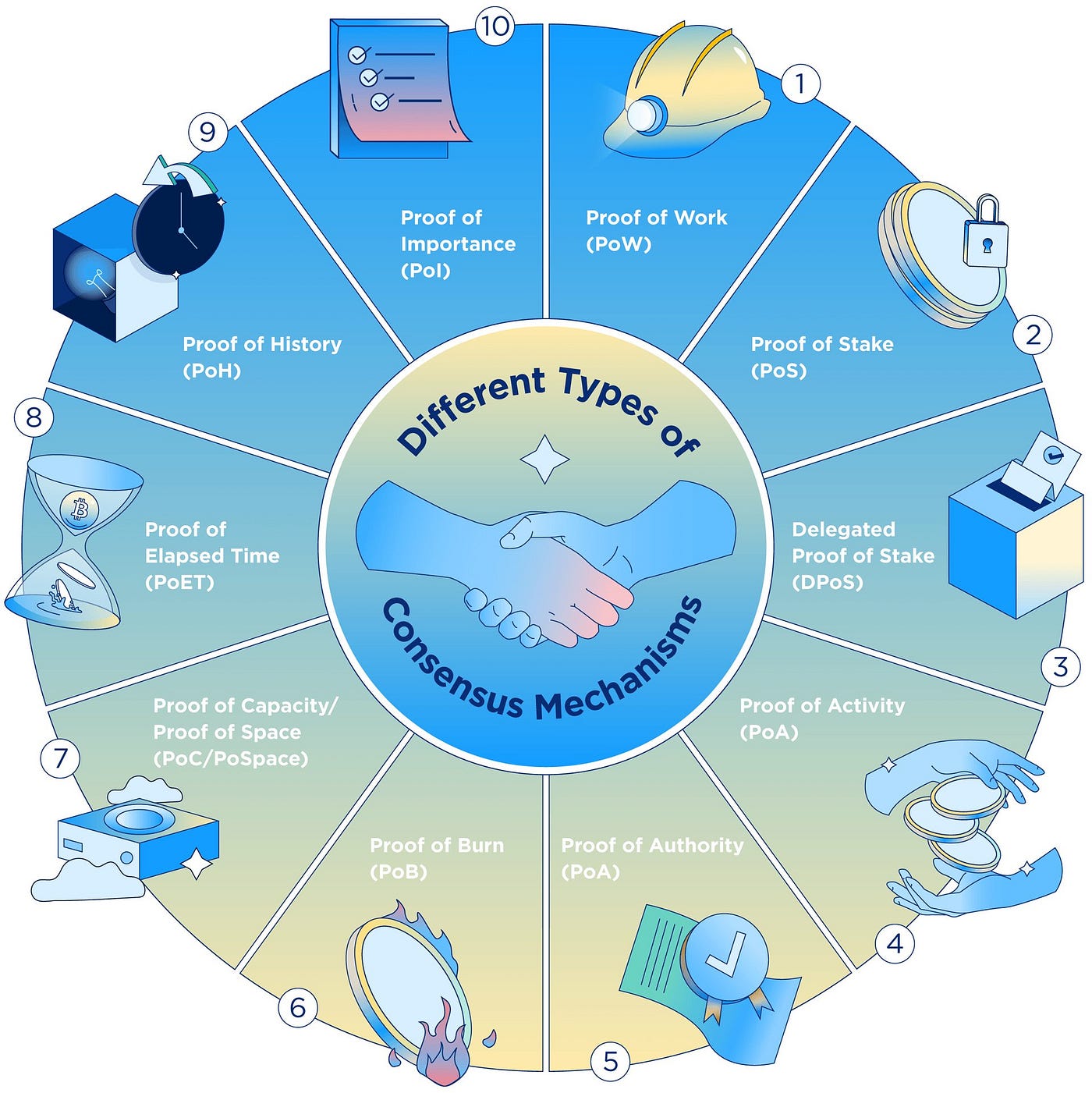Electrolyzers: Key to Hydrogen Production
In the realm of sustainable energy, electrolyzers for hydrogen production have emerged as pivotal tools in the quest for cleaner and greener alternatives. Let’s explore the significance of electrolyzers and their role in unlocking the potential of hydrogen as a clean energy source.
Understanding Electrolyzers
At the heart of hydrogen production lies electrolyzers, devices that utilize electricity to split water molecules into hydrogen and oxygen through a process called electrolysis. These versatile machines come in various types, including alkaline electrolyzers, proton exchange membrane (PEM) electrolyzers, and solid oxide electrolyzers, each with its unique advantages and applications.
The Electrolysis Process
Electrolyzers operate based on the principle of electrolysis, where an electric current is passed through water, causing it to decompose into its constituent elements: hydrogen and oxygen. This process occurs within the electrolyzer’s electrolyte, typically a solution or membrane that facilitates the ion exchange necessary for splitting water molecules.
Advancements Driving Efficiency
In recent years, significant advancements in electrolyzer technology have led to improved efficiency, durability, and cost-effectiveness. Innovations in materials science, electrode design, and system integration have contributed to higher conversion efficiencies and reduced energy consumption, making electrolyzers more attractive for large-scale hydrogen production.
Applications Across Industries
The versatility of electrolyzers extends their applications across various industries, including transportation, energy storage, and industrial processes. Hydrogen produced through electrolysis can be used as a clean fuel for fuel cell vehicles, a renewable energy storage medium, and a feedstock for chemical synthesis, offering a sustainable alternative to fossil fuels.
Green Hydrogen Production
Electrolyzers powered by renewable energy sources play a crucial role in green hydrogen production, offering a carbon-neutral pathway to produce hydrogen without greenhouse gas emissions. By coupling electrolyzers with renewable electricity sources such as solar and wind power, green hydrogen can be produced sustainably, contributing to decarbonization efforts.
Overcoming Challenges
Despite the promising potential of electrolyzers, several challenges remain to be addressed, including cost reduction, scalability, and grid integration. Research and development efforts are ongoing to improve electrolyzer performance, increase production efficiency, and lower capital and operating costs, making hydrogen production more economically viable.
Future Outlook
Looking ahead, the future of electrolyzers for hydrogen production appears promising, driven by ongoing advancements and increasing demand for clean energy solutions. As technology continues to evolve and economies of scale are realized, electrolyzers are expected to play a significant role in transitioning towards a hydrogen-based economy, contributing to global efforts to combat climate change.
In conclusion, electrolyzers serve as indispensable tools in the production of hydrogen, offering a sustainable pathway to harness the potential of this versatile clean energy carrier. With continued innovation and investment, electrolyzers have the potential to revolutionize the energy landscape, paving the way for a more sustainable and resilient future.

























